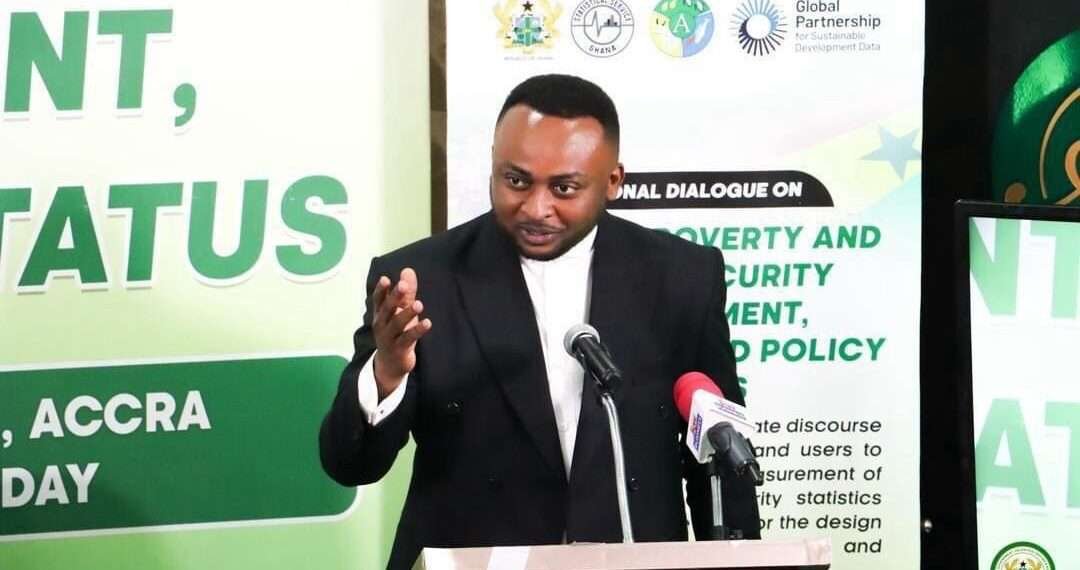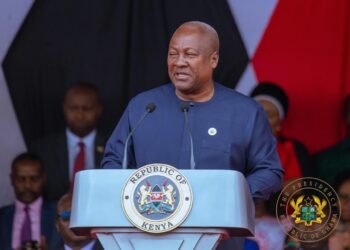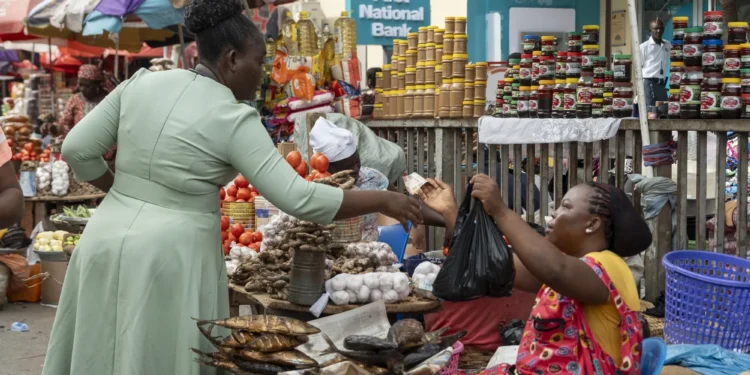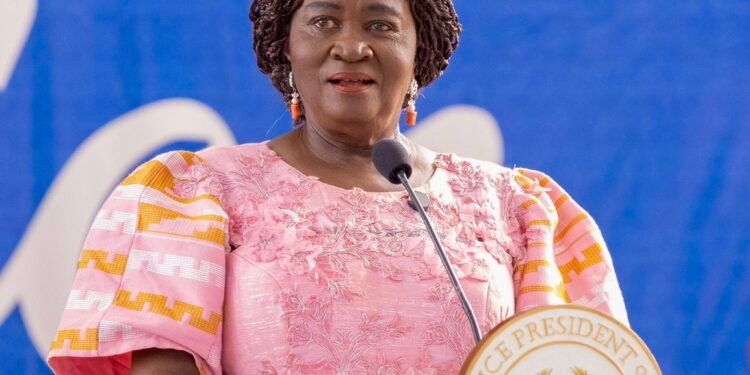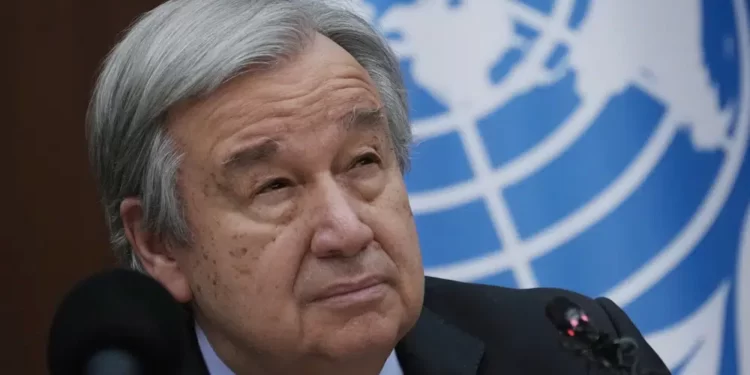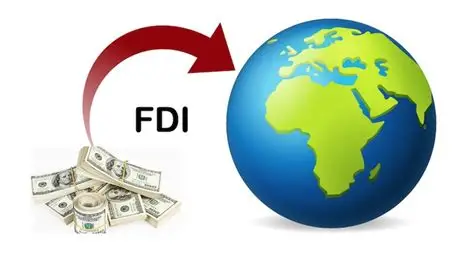In a landmark event for Ghana’s fight against poverty, the Deputy Minister for Local Government, Decentralisation, and Rural Development, Hon. Vincent Ekow Assafuah Esq, unveiled the nation’s inaugural Multidimensional Poverty Index (MPI) at Alisa Hotel, Accra. This significant initiative, targeting 261 Metropolitan, Municipal, and District Assemblies (MMDAs), promises to revolutionize how poverty is understood and tackled in the country.
The ceremony was graced by esteemed personalities including Prof. Samuel Kobina Annim, Government Statistician, and Dr. Kodjo Mensah-Abrampa, Director-General for the National Development Planning Commission. Their presence underscored the importance of this project in reshaping the country’s poverty alleviation strategies.
“The MPI will foster increased interest and dialogue on aligning microdata, statistics, and policy to more effectively combat poverty,” he stated, highlighting the potential of the MPI to drive nuanced and impactful policy-making.
Hon. Assafuah’s keynote address centered on the necessity of adopting a multidimensional perspective on poverty, moving beyond traditional income-based metrics. He emphasized that understanding poverty in its varied forms—health, education, living standards, and more—will generate richer insights and more robust solutions.
Ghana has made commendable progress in reducing poverty, especially in the early 21st century. However, the global COVID-19 pandemic and other recent crises have eroded some of these gains, making the battle against poverty even more urgent.
Hon. Assafuah Esq acknowledged these setbacks while noting positive economic indicators such as GDP growth and reduced inflation. Nonetheless, he pointed out the persistence of significant challenges, as evidenced by the modest reduction in poverty rates relative to GDP growth. This paradox illustrates the complexity of poverty, necessitating a multifaceted approach to address it comprehensively.
The MPI reports, meticulously prepared by the Ghana Statistical Service (GSS), are pivotal for evidence-based planning and implementation at local levels. They will be instrumental in targeting beneficiaries for various programs, providing baseline data to monitor development progress, and aligning with the Medium-Term National Development Policy Framework (MTNDPF) 2022-2025.
Furthermore, these reports will aid in the monitoring of several Sustainable Development Goals (SDGs), ensuring that Ghana’s development trajectory is inclusive and sustainable.
Hon. Assafuah lauded the GSS for its dedication and accuracy in producing these essential reports.
“The MPI reports will support the MTNDPF and the monitoring of several SDGs. It is crucial that MMDCEs leverage these reports to guide their developmental strategies.”
Hon. Vincent Ekow Assafuah Esq, Deputy Minister for Local Government, Decentralisation, and Rural Development
Call for Collaborative Efforts
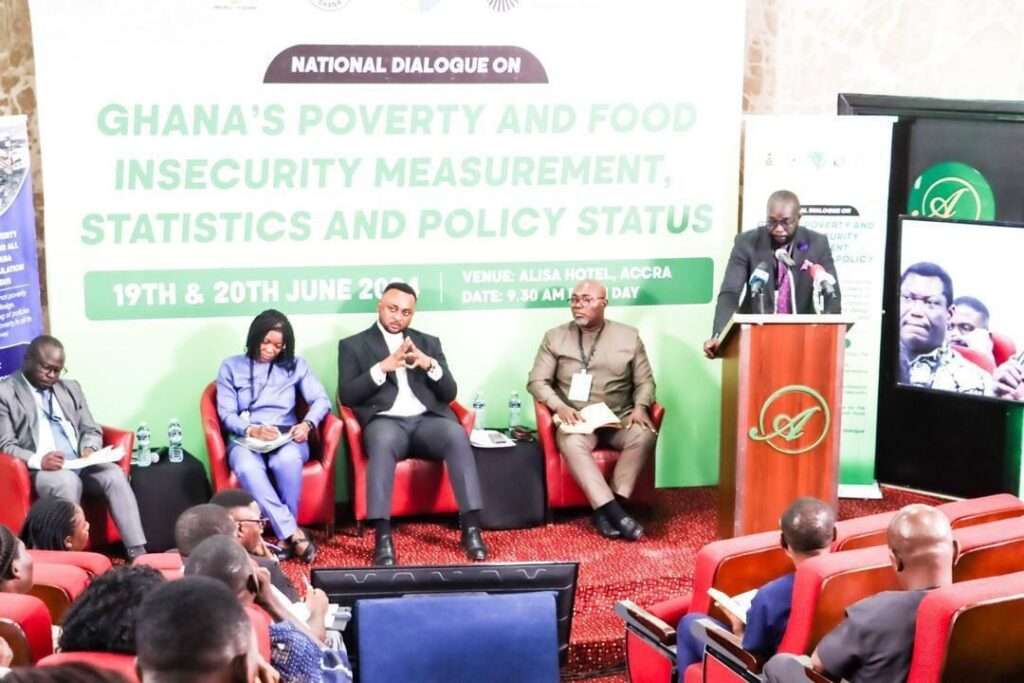
In his address, Hon. Assafuah Esq reaffirmed the ministry’s commitment to ensuring that the MPI reports are utilized to inform policy and design effective interventions. He appealed to all stakeholders—Ministries, Departments, Agencies, Development Partners, Civil Society, and the private sector—to join forces in this mission.
“We need coordinated, multi-sectoral approaches to address the complex and interconnected drivers of poverty,” he stressed, underscoring the importance of collaborative efforts in achieving meaningful and lasting progress.
The Deputy Minister also emphasized the critical role of the MPI in enhancing food security for vulnerable households, a pressing issue in light of recent economic challenges. By providing a detailed and multidimensional view of poverty, the MPI enables more precise targeting and more effective interventions, ensuring that resources reach those most in need.
The launch of Ghana’s first MPI marks a pivotal moment in the nation’s approach to poverty measurement and reduction. By embracing a multidimensional view of poverty, Ghana is poised to develop more nuanced and effective strategies to combat this pervasive issue. The MPI will not only guide local development efforts but also align with broader national and international development goals, fostering a more equitable and prosperous future for all Ghanaians.
As Ghana embarks on this new chapter, the collective efforts of all stakeholders will be crucial. The MPI provides a powerful tool for understanding and addressing poverty in its many forms. With dedicated implementation and collaborative efforts, Ghana can make significant strides in reducing poverty and improving the quality of life for its citizens.
The launch of the MPI is a testament to Ghana’s commitment to tackling poverty through innovative and evidence-based approaches. It is a call to action for all sectors to work together towards a common goal: a Ghana free from the shackles of poverty, where every citizen has the opportunity to thrive.

